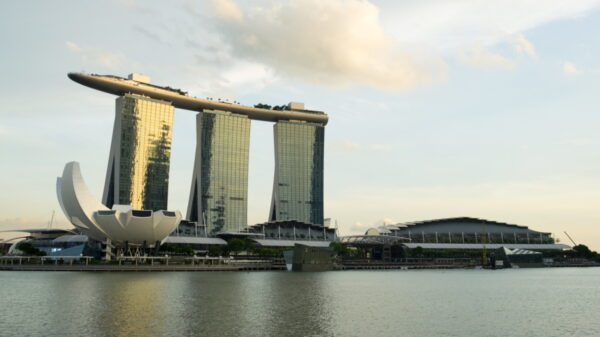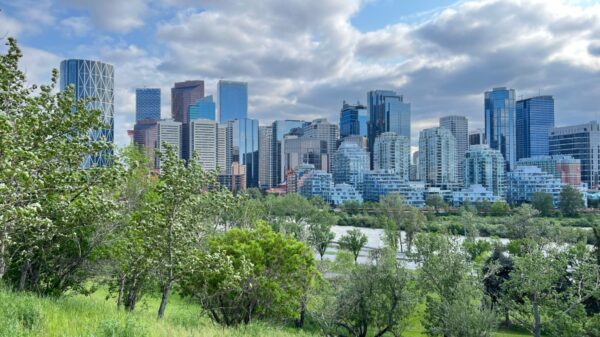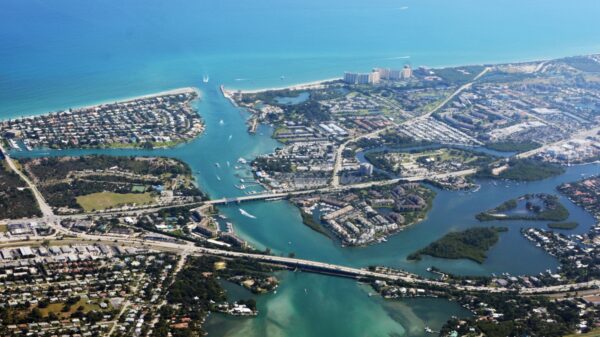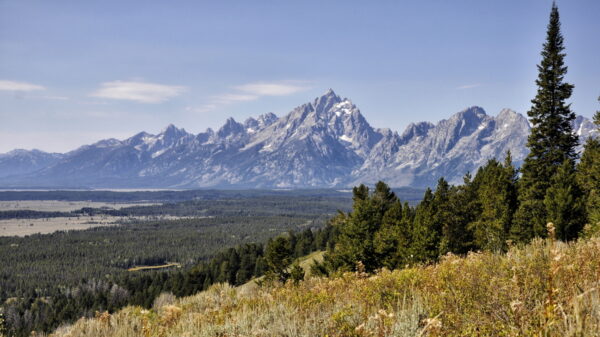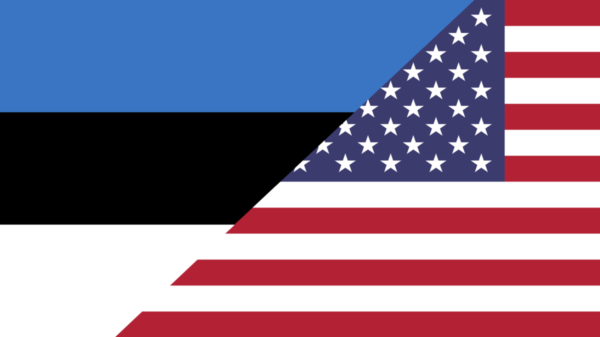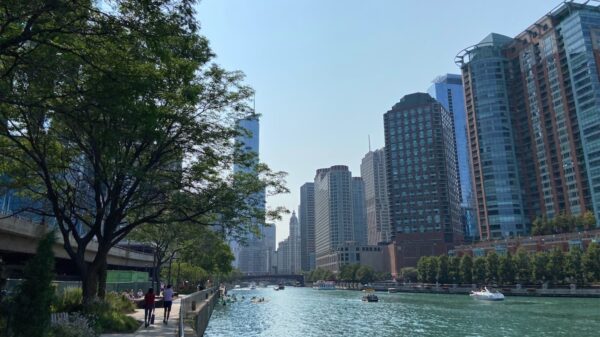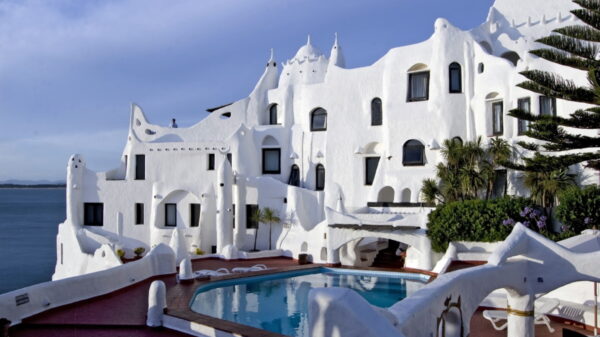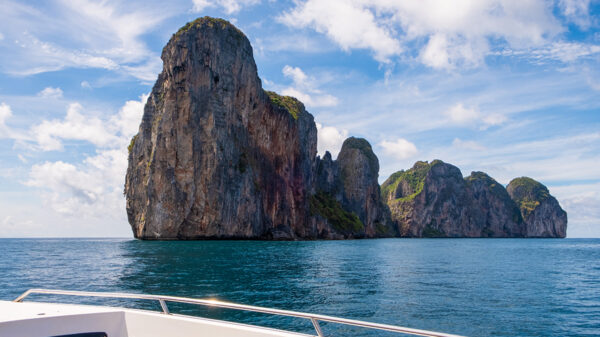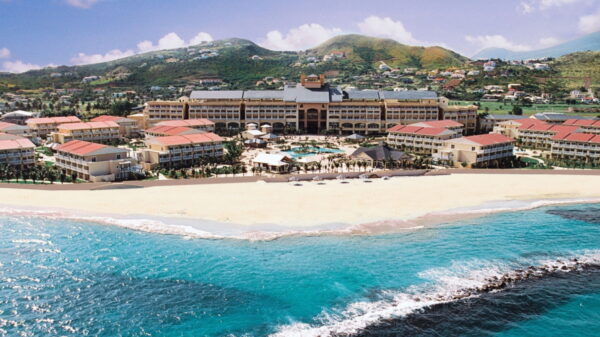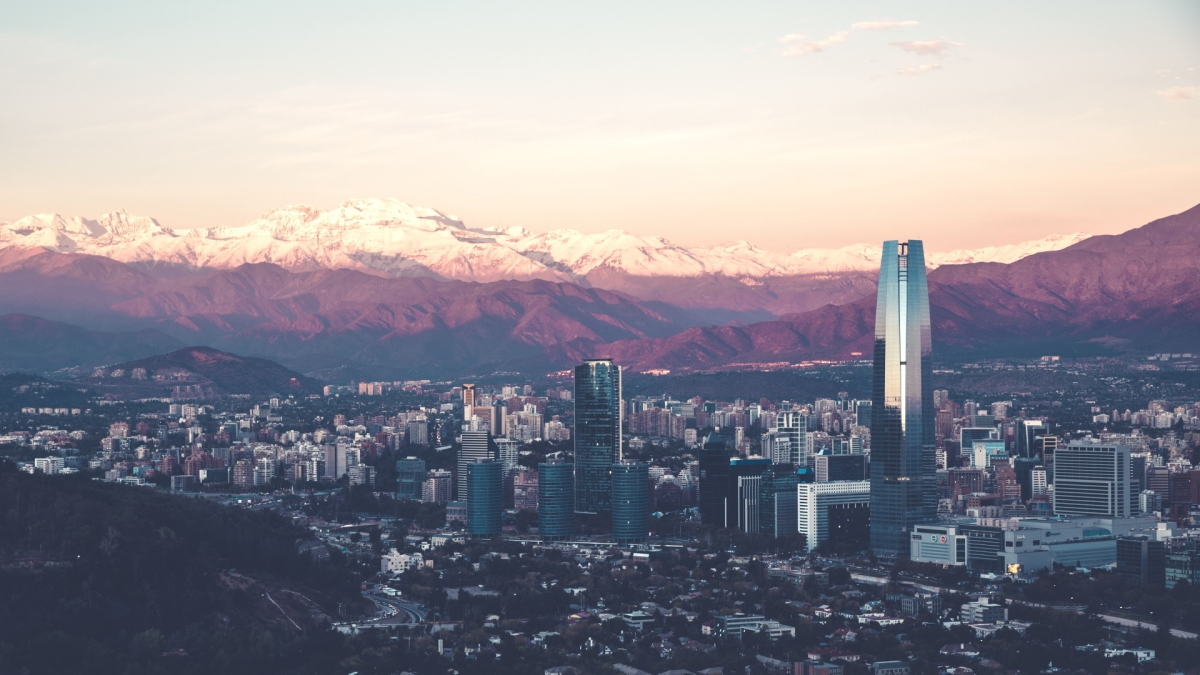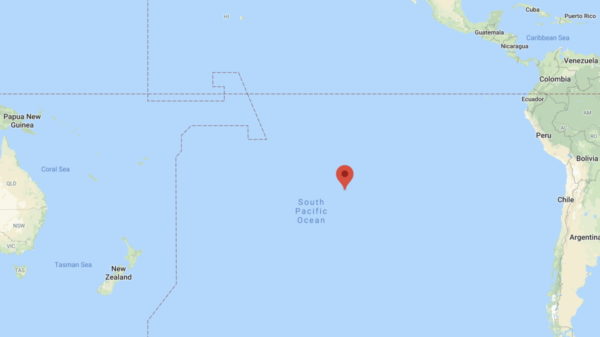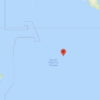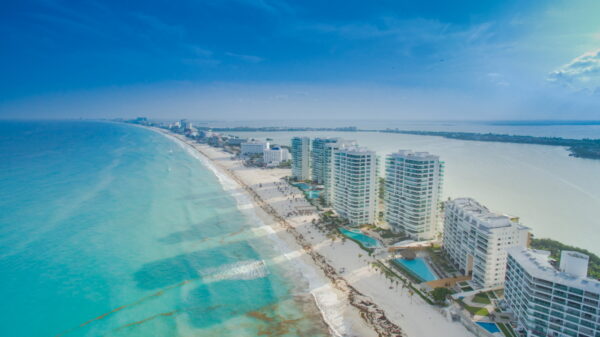Chile is an immigrant-friendly country that offers one of the best passports in the world with visa-free travel to most countries including the US, Canada, Europe and Russia. It also is an interesting residency option thanks to a tax exemption on foreign sourced income available to new residents. This guide covers how to acquire residency and how taxation and banking works in Chile.
Residency options
Best known for its unusual geography and Tierra del Fuego, Chile is an incredibly diverse country. It has high mountains, dry deserts, spectacular national parks, large developed cities, countless islands including Easter Island and Robinson Crusoe Island, attractive coastal resort towns and remote outposts. It is a country with an interesting history and a proud people, offering a high quality of life and countless economic opportunities. It has low tax rates, especially for an OECD country, and most importantly for us it offers new residents a three-year tax exemption on foreign sourced income (can be extended to six years). While highly bureaucratic, Chile does not suffer from corruption problems endemic in the region, at least not nearly to the same extent. Violent crime is also rare and the police force is considered the most reliable in the region. Due to its location in the Southern Hemisphere, Chile has inverted seasons making it a great base for nomads during the Northern Hemisphere’s winter.
There are multiple ways to qualify for residency in Chile but the ones that are most suited for location independent entrepreneurs and nomads are the periodic income and retirement visas. To qualify for either, you simply need to prove that you earn enough money to support yourself during your stay in Chile. That income may come from outside Chile, so long at it comes from a guaranteed source. There is no minimum amount required but to be approved you should show as much as possible and at least 1500$US per month or 50000 USD in savings. More is obviously preferable especially if you plan to live in a big city. A clean criminal record is also required (although not for those applying from within Chile on a tourist visa).
1. Go to Chile and apply for temporary residency.
2. A decision will be granted within two to six months (often within 1-3 months).
3. If approved, spend at least 185 days within the country during the first year of your temporary residency.
4. After you have spent those 185 days, you can apply for permanent residency (no sooner than three months before your temporary residency expires, no later than one day prior).
5. Permanent residency is granted within three to nine months and is valid for life, it will remain active as long as you spend at least one day in Chile every year.
6. You can apply for an exemption for the yearly visit by visiting a Chilean embassy and paying a 75 USD fee (for each exemption).
7. After five years (maximum three years as a temporary resident + two as a permanent resident) you may be eligible to apply for citizenship if you spent significant time in the country.
You can access the Chilean government official list of required documents here. You should also bring notarized copies of your college degrees as they are required when applying for a local driver’s license (strange I know).
It is possible to apply on your own but unless you speak Spanish I recommend hiring a local immigration firm. They will help you save time and improve your chances of being approved. If you are on a low budget, you can hire a local translator to help you fill the forms and write the motivation letter. This should not cost you more than a few dollars.
Once you have resided in the country for five years, you may become eligible to apply for citizenship. There is no longer a requirement for days spent in-country (from 2016 onwards) but you should still have spent significant time and developed local ties. It may take up to a year for a naturalization application to be approved so I recommend beginning the process as soon as possible. There are no downsides to becoming a citizen versus remaining a permanent resident. In fact, there are only upsides. For one, the Chilean passport is one of the best in the world and grants visa-free access to most countries. As a citizen, you can also travel with your ID card to all of South America (the same is true for permanent residents). Chile does not tax its non-resident citizens and taxes its residents at one of the lowest rates in the OECD. Also important to note, Chile allows dual citizenship.
Visa runs and frequent visits
Visa runs to neighbouring countries, particularly Argentina and Peru, used to be a popular way of extending a stay in Chile for those on tourist entries. This is not a viable strategy for anyone planning to take advantage of the tax benefits Chile offers, however, and is only a suitable option for those looking to stay perhaps up to six months in the country.
Taxation
Tax residents of Chile are liable to tax on their worldwide income. New residents, however, are exempt from paying taxes on their foreign-sourced income for up to three years (can be extended for another three years). In practice, this means that it is possible to live in Chile tax-free up until citizenship is granted provided that best practice guidelines are followed and that a proper structure is in place. I recommend reading my guides on place of management rules, CFC rules and foreign source income to get a better understanding of how income source works.
Compliance
A tax resident of Chile is an individual who has spent over six months in the country during two consecutive tax years OR who has established domicile. Tax residents and non-residents alike must file an annual tax return if they have reportable income. The fiscal year is the calendar year. The income tax applies to income from employment, income from conducting business as well as investment income. The rates are progressive and range from 0% to 40%. Capital gains are usually taxed as normal income.
Powerful tax strategies
You can find powerful tax strategies in The Freedom Surfer course, especially in module two and three.
Banking
Chile has some of the best banks in Latin America and by far, the best consumer banking products in the region. Opening an account, however, is very hard. Most banks only accept permanent residents and even then, some will ask for proof of two or more years of residency. Because of that, I do not recommend banking in Chile unless you are earning money locally, at least until you qualify for PR.
Opening an account
While the requirements vary from bank to bank, in most cases they are as follow (for permanent residents):
1. Your passport along with copies.
2. Your resident ID card (cédula).
3. A proof of origin for the funds you are depositing with the bank.
4. A proof of address.
Once you have prepared all due diligence documents, you will need to book an appointment with a bank officer who speaks English (unless you speak Spanish). At the appointment, you will be asked to present your due diligence documents along with the account opening deposit (bring it in cash, this will make things easier). During the appointment, do not forget to request access to the bank’s online banking facility.
International transfers
Transferring money into Chile has become easier in recent years thanks to the rise of services like Wise and Revolut. Their rates usually beat the banks’ and they are far more secure than carrying large sums of cash. Speaking of which, you are allowed to bring as much as you want across the border but must declare any amounts in excess of 10000 USD (or equivalent).




